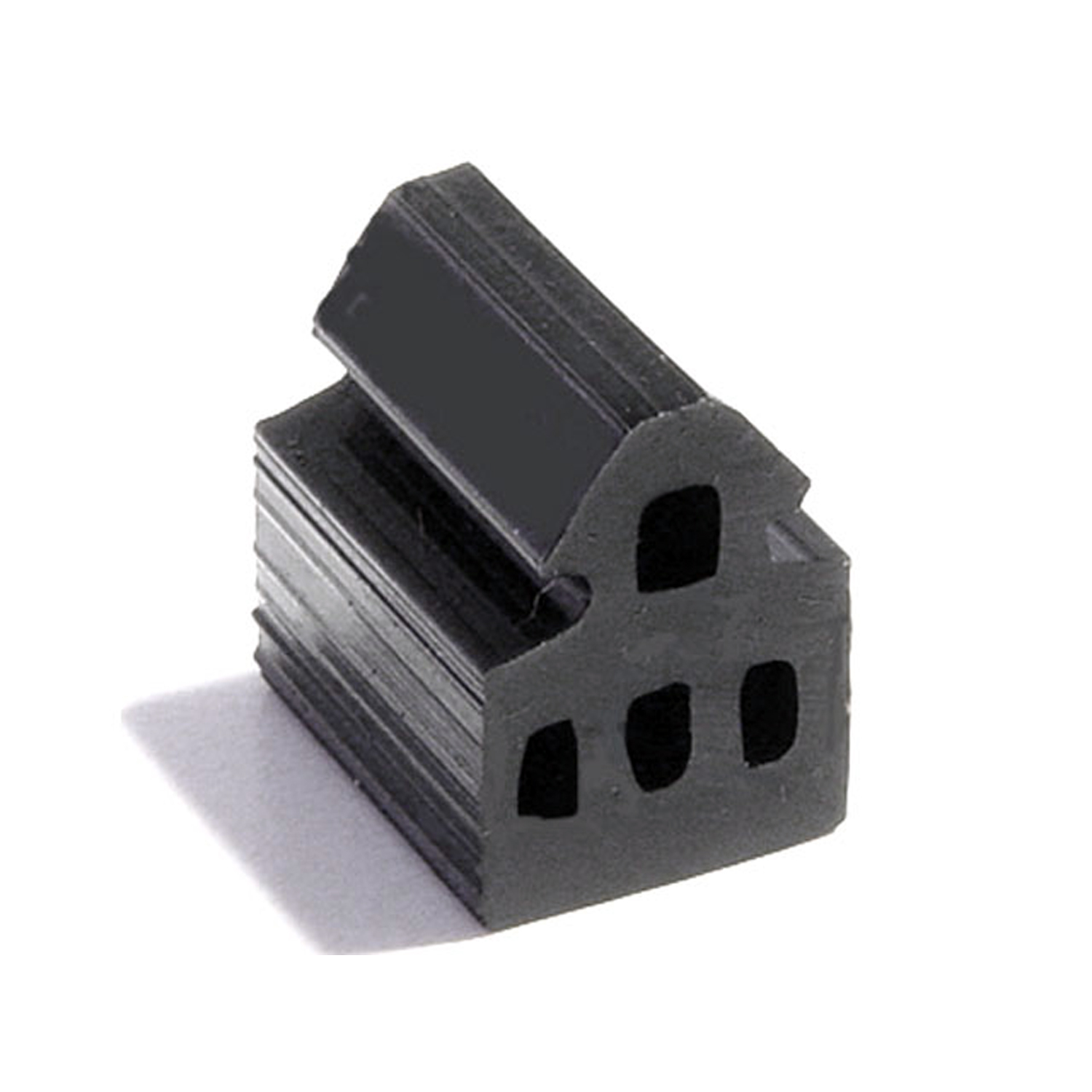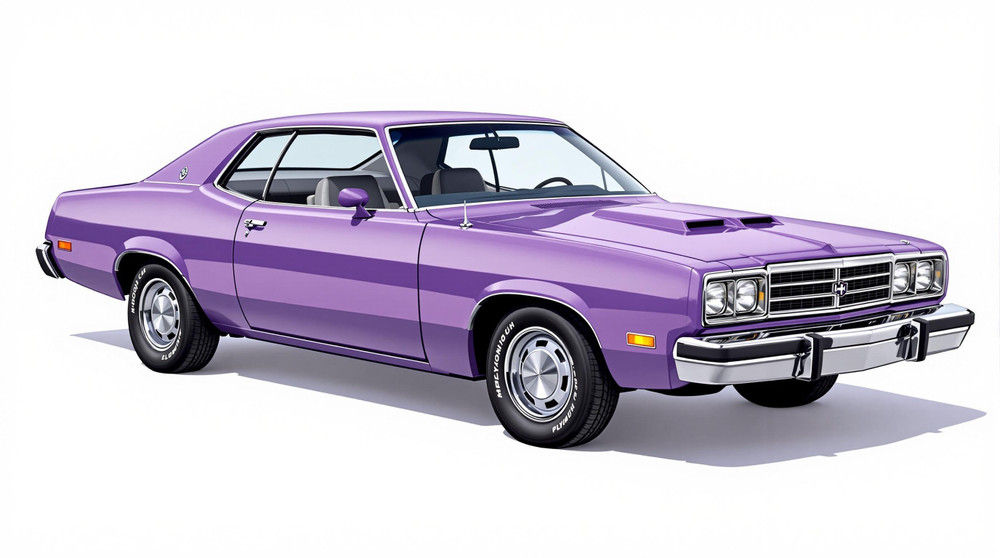Image of 1979 Plymouth Horizon, Note: These illustrations use artistic license and may differ from actual historical models.
Performance Metrics
Fundamental Metrics
Emotional Appeal
MMP Rating
| Engine Specifications | |
|---|---|
| Engine Options: | 1.7L I4, 2.2L I4 |
| Displacement Range: | 105-135 cu in. |
| Horsepower Range: | 70-84 hp |
| Torque: | 85-100 lb-ft |
| Compression Ratio: | 8.5:1 |
| Ignition System: | Electronic ignition |
| Cooling System: | Liquid-cooled |
| Performance Specifications | |
| 0-60 Time: | 14-16 seconds |
| 1/4 Mile Time: | 19-21 seconds |
| Top Speed: | 100 mph |
| Transmission and Drive | |
| Drive Type: | FWD |
| Transmission Type: | 4-speed manual, 3-speed automatic |
| Fuel and Efficiency | |
| Fuel System Type: | Carburetor |
| MPG: | 25-30 mpg |
| Dimensions and Brakes | |
| Brakes: | Front disc, rear drum |
| Wheelbase: | 99.1 in. |
| Weight: | 2,200-2,400 lbs |
Note: Specifications for classic cars are given to the best of our ability, considering the limited and variant data available.
1979 Plymouth Horizon: A Hatchback of Many Firsts
The 1979 Plymouth Horizon emerged as a trailblazer in the compact car segment, introducing American drivers to a new era of automotive design and engineering. As a product of the Chrysler Corporation, the Horizon was not just another vehicle rolling off the assembly line; it was a statement of innovation and adaptability in an industry facing an oil crisis and increasing competition from abroad. Notably, it was one of the first American cars to adopt front-wheel drive—a feature that would later become standard in most passenger vehicles.
Design and Innovation
The exterior styling of the 1979 Plymouth Horizon was a departure from the bulkier designs of its predecessors. It featured a sleek, aerodynamic profile that was both modern and functional, reducing drag and improving fuel efficiency. The Horizon's hatchback design offered practicality, with a rear door that swung upwards to reveal a surprisingly spacious cargo area for a compact car. Inside, the Horizon's cabin presented a no-frills but comfortable environment. The quality of materials reflected its economy car status, yet it was designed with care to maximize space and ergonomics. Technologically, the Horizon boasted features like an optional three-speed automatic transmission and rack-and-pinion steering—innovations that provided a glimpse into the future of automotive design. Color options ranged from vibrant hues to more subdued tones, with shades like "Spinnaker White" and "Caramel Tan" being popular choices among consumers. While various trim levels were offered, including the TC3 and later the Turismo, it was the base model that became emblematic of the Horizon's appeal as an affordable and reliable vehicle.
Historical Significance
The 1979 Plymouth Horizon holds a special place in automotive history as part of Chrysler's "L-body" platform, which marked a significant shift towards more efficient vehicle design during a time when fuel economy became paramount. It set itself apart from contemporaries with its transverse engine layout and front-wheel drive—a configuration that improved traction and interior space utilization.
Performance and Handling
Under the hood, the Horizon came equipped with a 1.7-liter engine capable of modest performance figures by today's standards but respectable for its time. The car could reach highway speeds adequately, though acceleration from 0-60 mph was leisurely compared to sports cars of the era. Handling was one of the Horizon's strong suits; its lightweight construction and well-tuned suspension allowed it to navigate through urban environments with ease. Drivers often praised its nimble nature on winding roads, although some found the ride to be firm on rough surfaces. The experience behind the wheel was characterized by simplicity—there were no extravagant gauges or controls, just straightforward driving.
Ownership Experience
The Plymouth Horizon served many roles—from daily commuter to weekend errand runner—and proved itself as an adaptable member of any household. Its reliability was generally good for its class, though like many vehicles from this era, rust could be an issue over time. Maintenance was relatively easy due to its simple mechanical layout, making it an accessible choice for do-it-yourself enthusiasts.
Fun Facts
Among interesting tidbits about the 1979 Plymouth Horizon is its brief stint as Motor Trend's Car of the Year in 1978—a testament to its perceived impact on the automotive landscape. While not known for breaking speed records or gracing silver screens, it did find its way into many American homes, becoming part of their everyday lives. Critics often pointed out its modest powerplant and basic interior appointments as downsides; however, these characteristics also contributed to what many loved about it—its unpretentious nature and affordability.
Collector's Information
Today, finding a 1979 Plymouth Horizon in pristine condition can be challenging due to its age and utilitarian roots; many were driven extensively and succumbed to wear and tear. Production numbers were substantial given its mass-market appeal, but exact figures are elusive. In terms of value range for collectors, well-maintained Horizons can fetch modest sums reflective of their historical significance rather than high-performance pedigree. Prices can vary widely based on condition but typically range from a few thousand dollars for models in fair condition up to perhaps $10,000 or more for showroom-quality examples.
Conclusion
The 1979 Plymouth Horizon may not have been the flashiest or fastest car on the road, but it carved out a niche as an economical choice that introduced several key innovations to the American automotive market. Its legacy lives on in the countless compact cars that have since adopted its front-wheel-drive layout and efficient use of space—making it a true pioneer worth remembering.
1979 Plymouth Horizon Catalog of Parts
 1979 Plymouth Horizon Door Bumper. 5/8" wide, made from extrusion. Each-DB 52Door Bumper. 5/8" wide, made from extrusion. Each
1979 Plymouth Horizon Door Bumper. 5/8" wide, made from extrusion. Each-DB 52Door Bumper. 5/8" wide, made from extrusion. EachWhy Choose Metro?
For over 100 years, Metro Moulded Parts has been the pinnacle of quality in classic car restoration parts. Our commitment to precision and authenticity in every component ensures a perfect fit and an OEM-level appearance.
- Expert Craftsmanship & Quality: Each part is a testament to our dedication to reliability and perfection, crafted from original designs and thoroughly tested.
- Advanced Technology: We use cutting-edge techniques to create flawless, long-lasting parts that surpass others in performance.
- SuperSoft Sponge – The Ultimate Door Seal: Not only are our door seals 30% softer than competitors', but they're also guaranteed to never leak. They effectively reduce wind and road noise, enhancing your classic car's comfort and driving experience.
- Proudly American: Our parts are a product of American craftsmanship, made in the USA with a spirit of excellence and heritage.
- Unrivaled Warranty: We back our products with a 30-year industry-leading warranty, a testament to our confidence in their quality.
Join us in preserving the legacy of classic cars with parts that are crafted for perfection, not just made.

